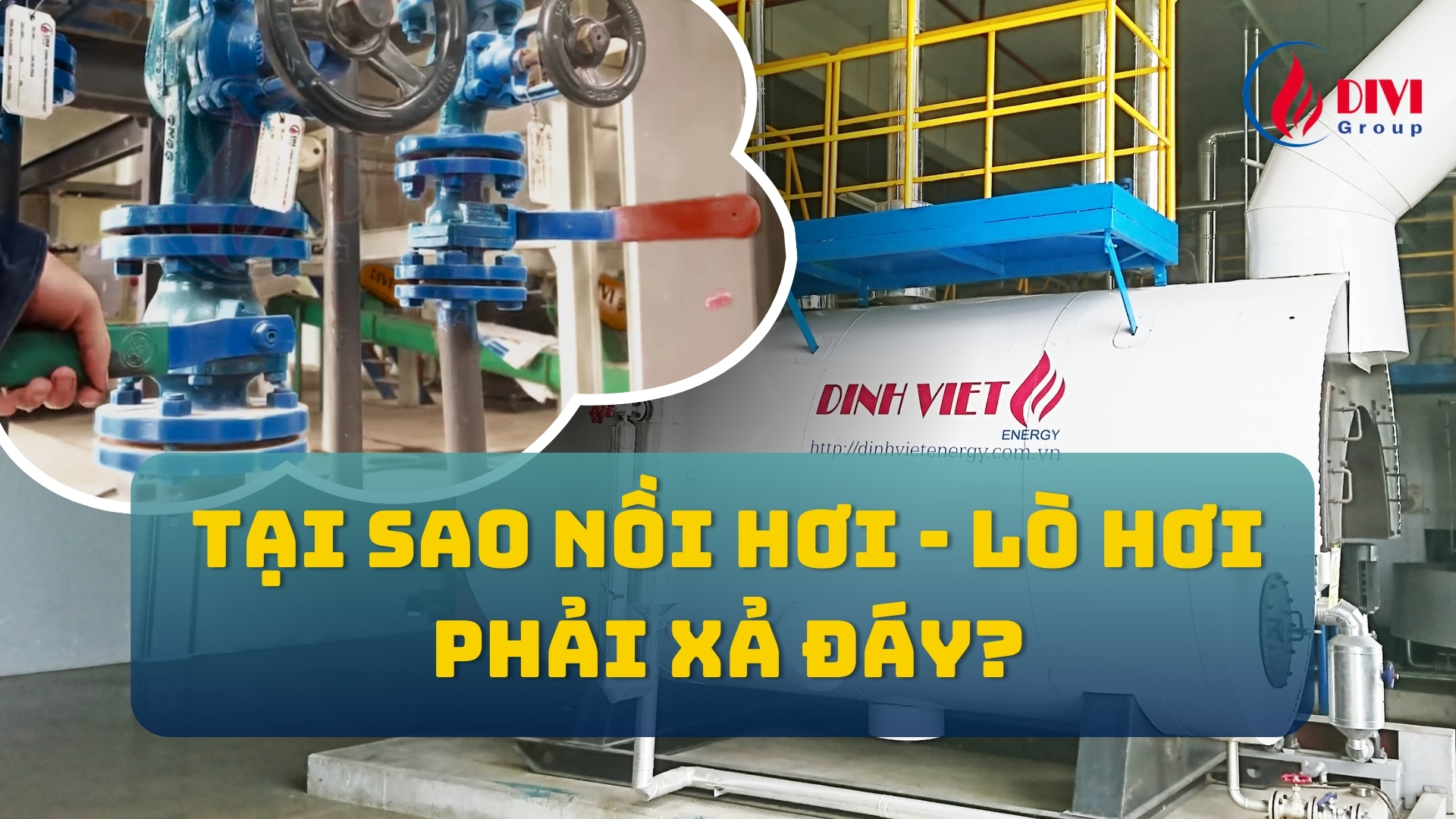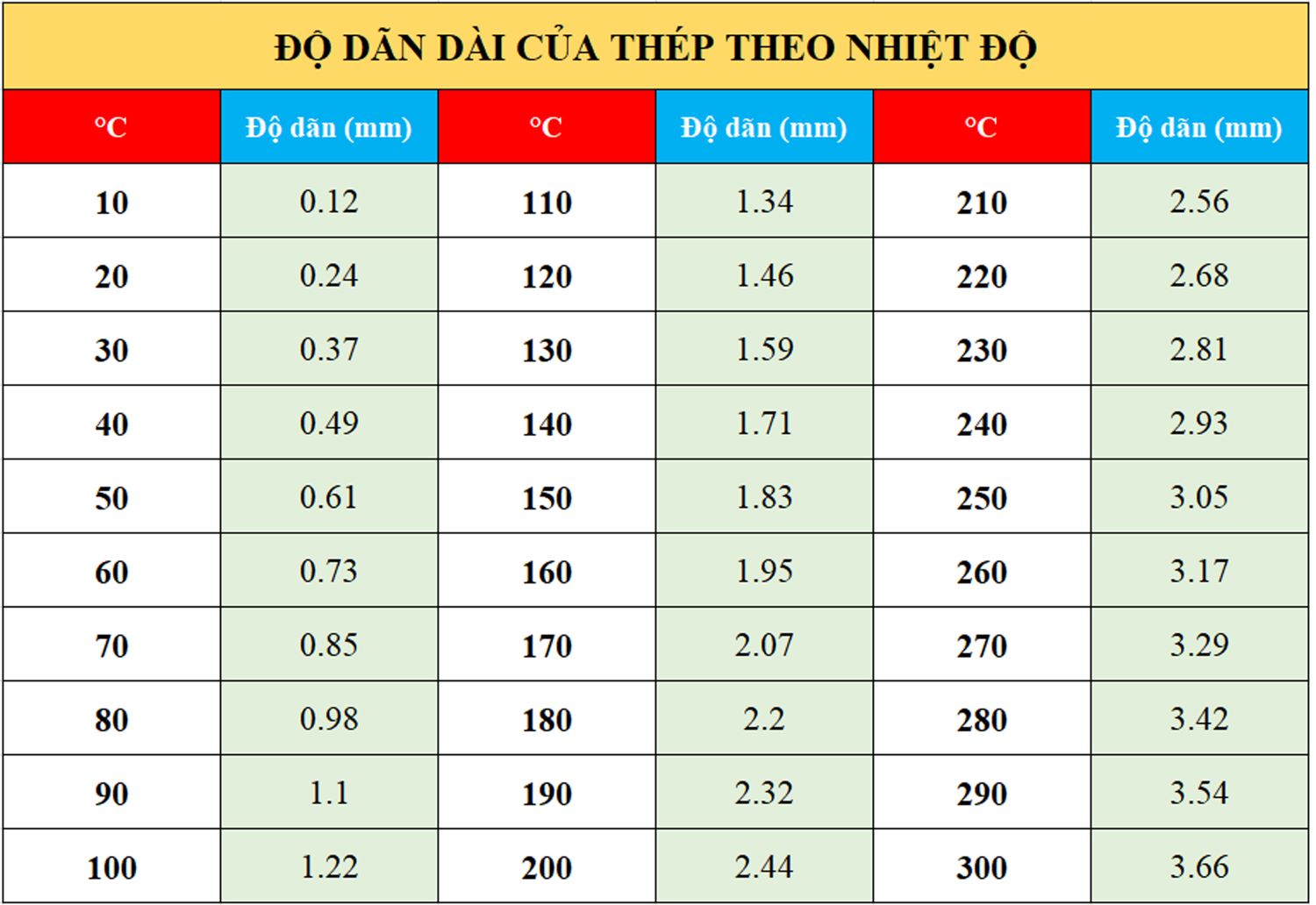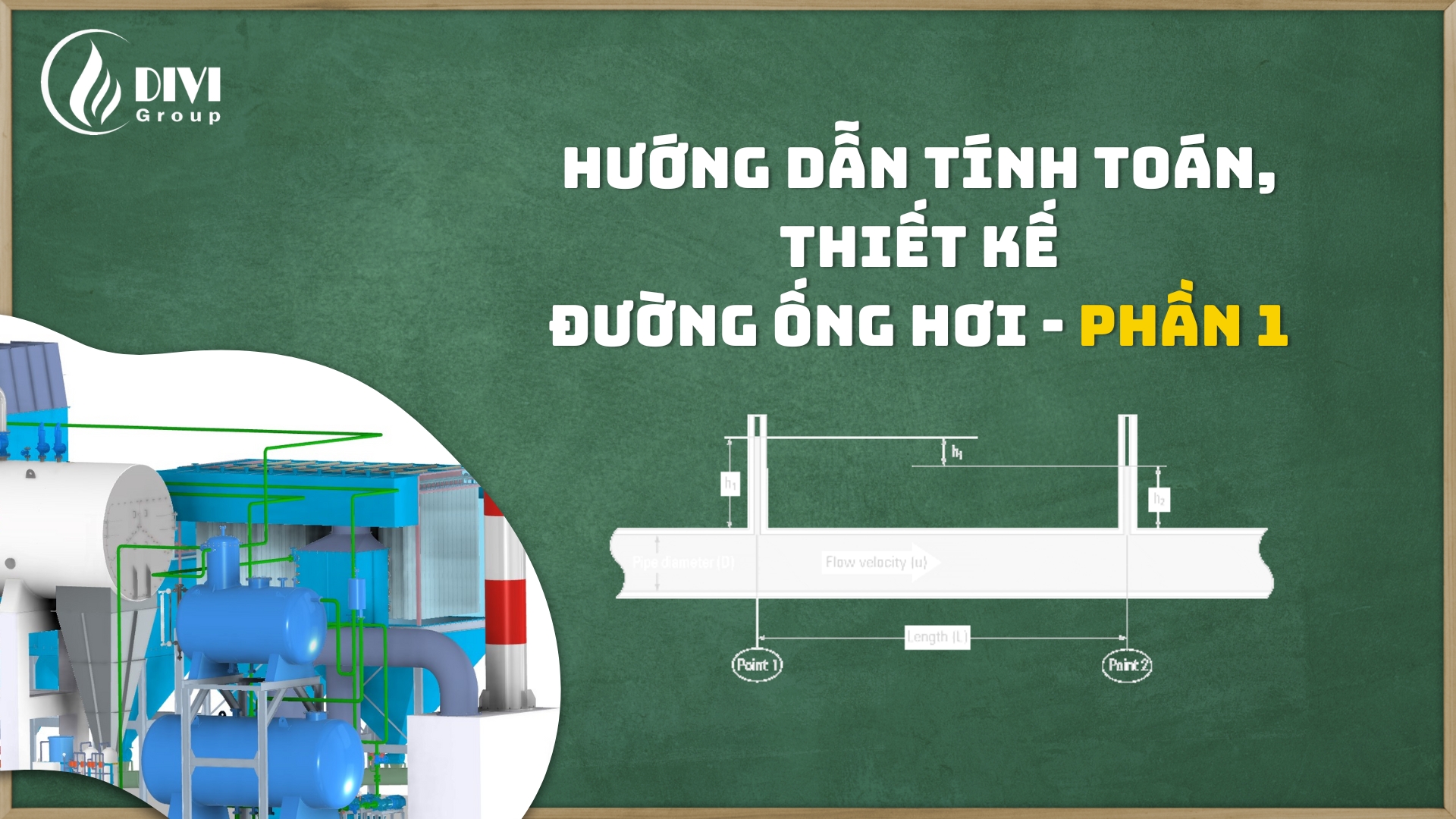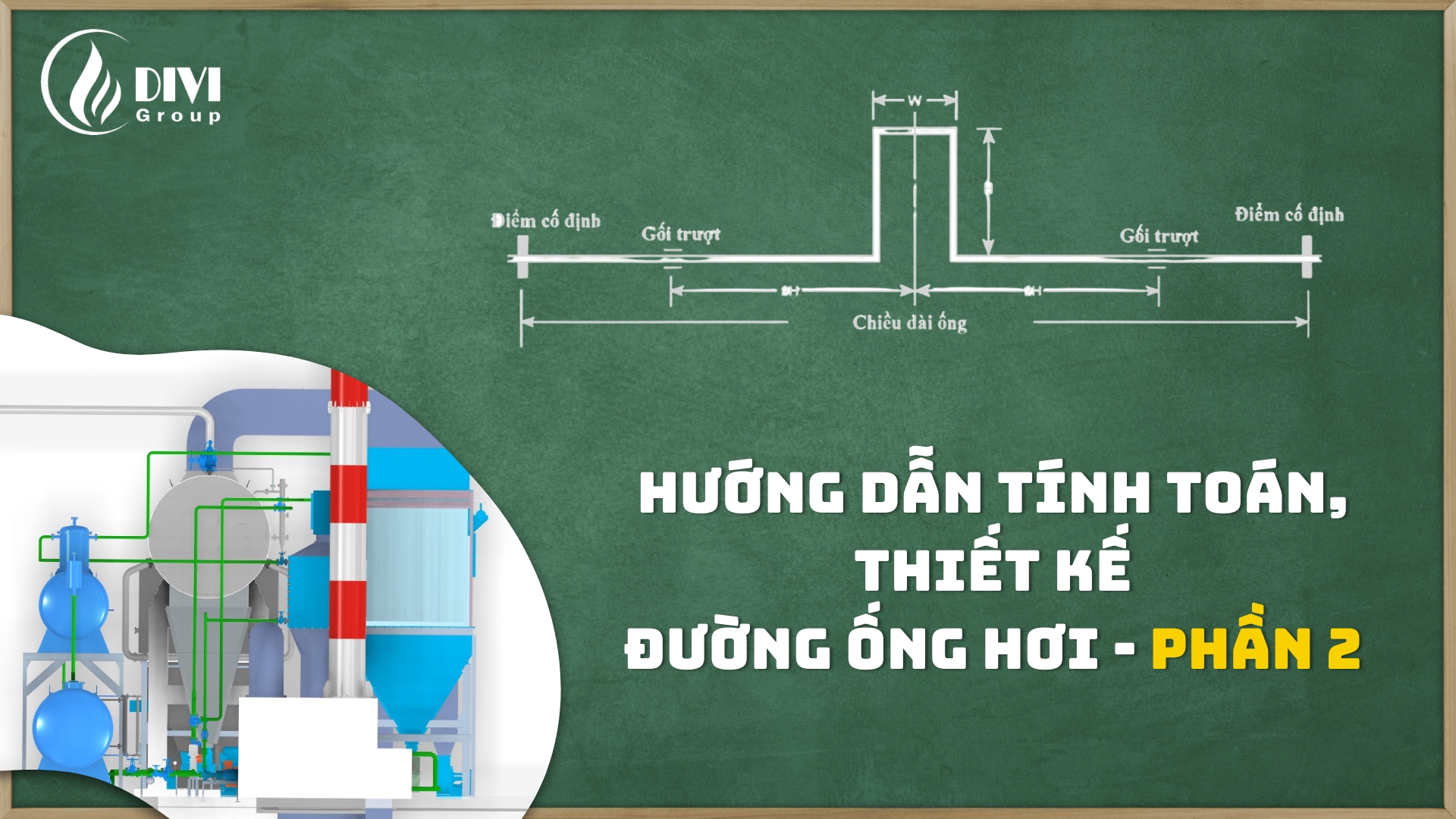Experience in water treatment for boilers
Water, being low-cost and readily available, is the primary material used in boilers. This water typically comes from rivers, lakes, wells, or municipal supplies. A common misconception is that water used for boilers needs to be clean and free of impurities. However, treating boiler water is an essential step to prevent scale formation, thereby protecting the boiler from damage and extending its lifespan.
The Impact of Scale on Boilers
Scale and deposits can form in the boiler's heat exchange tubes, leading to decreased heat transfer efficiency and increased fuel costs due to reduced operational efficiency of the boiler. This not only reduces the boiler's lifespan but also significantly wastes fuel.
The Role of Water in Boilers
In boilers, water serves as the heat transfer medium, similar to oil in thermal oil heaters or gas in refrigeration equipment. Thus, while the water does not need to be perfectly clean, its ability to efficiently transfer heat is crucial.
Methods of Treating Boiler Water
There are several methods employed to treat boiler water, including:
- Mechanical and Chemical Methods: These methods involve the use of settling tanks and filters to remove impurities, as well as chemical treatments to reduce water hardness.
- Cation Exchange Process: This method uses chemical reactions to remove substances that cause scaling, thereby improving the quality of the water used in boilers.
Objectives and Benefits
The primary goal of treating boiler water is to extend the boiler's life, reduce fuel wastage, and ensure the boiler operates efficiently. This not only helps save on costs but also minimizes the risk of boiler damage, especially important for large-capacity boilers operating continuously.
Conclusion
Through this article, it is clear that treating boiler water is a critical step in maintaining the operational efficiency and lifespan of boilers. By adopting advanced water treatment methods and adhering to established standards, businesses can ensure their boilers operate smoothly and efficiently.
>>> Please contact us
We are confident that DIVI Group will be your trustworthy partner in providing industrial boiler solutions.
For more detailed information about our products and services, please contact us through the following contact information:
DIVI GROUP CO., LTD. (DIVI GROUP)
+ Address: 588 Pham Van Chieu, Ward 16, Go Vap District, Ho Chi Minh City
+ Hotline: (+84) 942 488 818
+ Email: ceo@divigroup.com.vn
+ Website: www.divigroup.com.vn
Other document
-
What causes boiler explosion and how to eliminate it?
06/07/2022, -
Experience in dust filter xyclones
16/06/2022, -
Experience guide for flushing the bottom of the boiler
16/06/2022, -
Optimizing Boiler Fuel and Technology in Vietnam
05/10/2021,

 EN
EN













